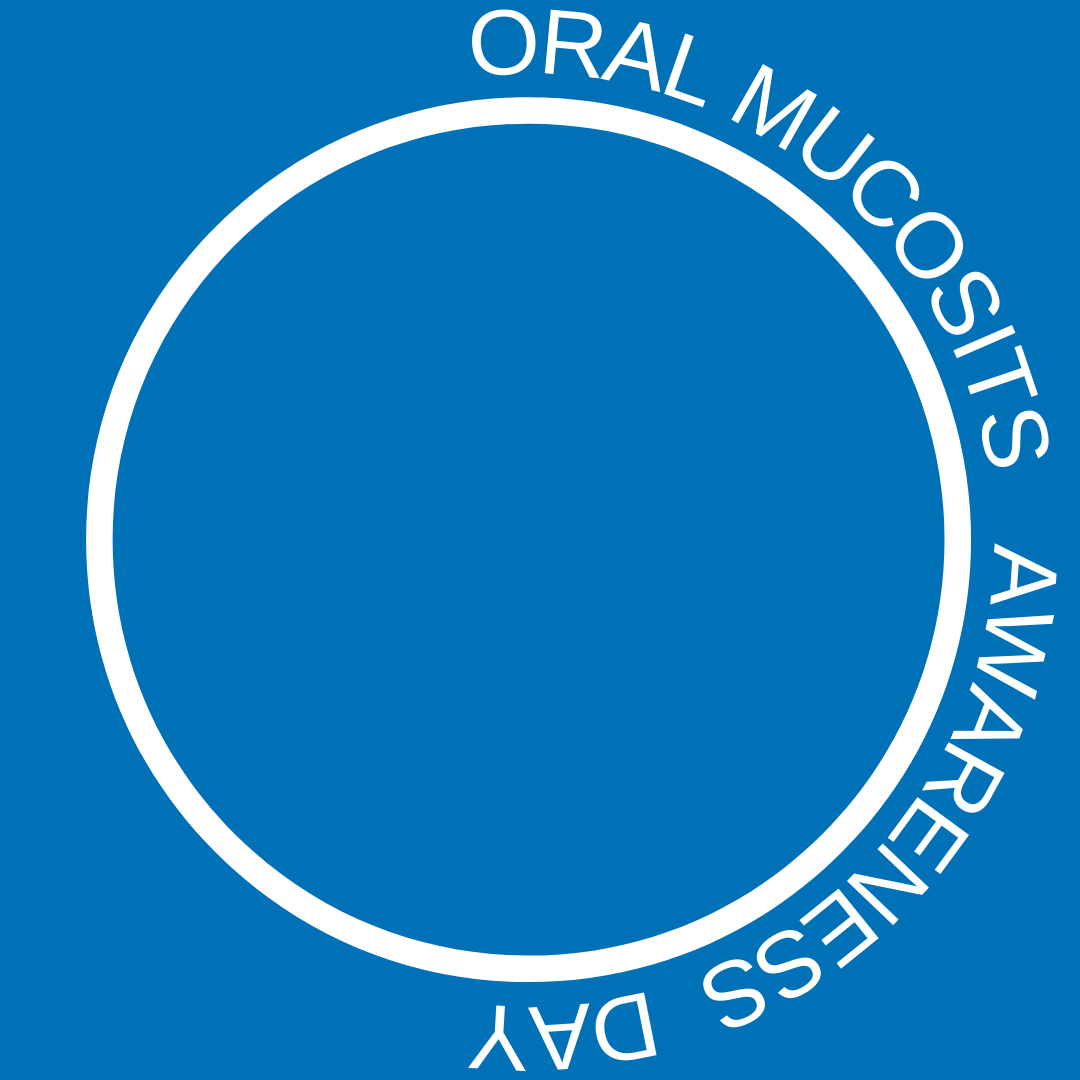
Painful. Debilitating. Isolating.
#MoreThanASore, It’s Mucositis
Oral Mucositis
Oral mucositis is an unseen, but damaging side effect of cancer treatment more commonly known as “cancer mouth sores” or “chemo mouth sores”.
Caused by chemo and radiation
Mucositis occurs when the tissues protecting the mouth and GI tract start to break down due to the damage caused by chemotherapy and radiation.
Sores appear in large patches
The sores from oral mucositis are very painful and can appear in large patches anywhere along the GI tract, including the lips, cheeks, gums, tongue, and the floor and roof of the mouth.
Although, when unmanaged, this condition can result in added complications, patients report that when it comes to Oral Mucositis, they lack support, information, and many times, care from their medical team.*
*Survey conducted through Savvy Cooperative’s patient population and focus groups facilitated by Patient Authentic.
Oral Mucositis affects (ref. 1-5):
~ 40-75% of chemotherapy patients
~ 75-100% of transplant patients
~ 100% of radiation patients with head and neck cancers — within that group 29-66% develop severe Oral Mucositis
For a list of chemo agents and their likelihood of causing cancer mouth sores, click here
Oral Mucositis
Incidence & Risk Factors
Oral Mucositis affects transplant, chemotherapy, and radiation patients, particularly those receiving radiation to the head, neck, chest, or abdomen, as well as those receiving high-dose chemotherapy.
Other risk factors of Oral Mucositis include age, genetics, BMI, gender, smoking, drinking, dental health, and dental hygiene (ref. 1).
Oral Mucositis Prevention
Depending on the treatment, Oral Mucositis might be unavoidable, but patients can take steps to prevent this side effect from becoming severe.
Maintaining a rigorous oral hygiene routine, avoiding hard foods, using supportive care supplements or products, and proactively working with a dietitian or a supportive care specialist can help patients reduce the severity and duration of Oral Mucositis.
Understanding the Oral Mucositis Scale can help you communicate more effectively with your medical team about your symptoms.
Adapted from the WHO Oral Mucositis Grading Scale
Oral mucositis can lead to:
Inability to eat, drink, swallow, or speak
Malnutrition, dehydration, weight loss
Cancer treatment interruptions
Emergency hospitalizations
Tube feedings
Use of opioid analgesics
Reduced quality of life
Added costs
Oral Mucositis
Costs & Complications
Oral Mucositis costs increase as a function of severity, so it’s important for patients to actively manage this side effect and avoid its progression.
On average, Oral Mucositis complications can add $5,000-$30,000 to the cost of care of radiation patients, about $3,700 per cycle for chemotherapy patients, and more than $70,000 in the case of transplant patients — a single point increase in mucositis scores can more than double the length of hospital stays and treatment days (ref. 6-9).
Oral Mucositis
Solutions & Treatments
Oral Mucositis can be treated or managed with rinses for pain management, steroids, anti-inflammatories, mucosal protectants, lubricants, antibacterials, and supportive supplements that help with wound healing and ulceration.
See recommended Oral Mucositis products and how to use them.
Additional Resources
Oral Mucositis is #MoreThanAsore, it can increase overall cost of treatment and reduce quality of life. If you are at risk of developing Oral Mucositis, or if you are already experiencing painful mouth sores, don’t wait! Talk to your medical team or seek the help of a trained oncology dietitian.
Oral Mucositis Webinars
Oral Mucositis friendly recipes
Connect with an oncology dietitian
Z Nutrition - Dr. Krystle Zuniga, TX
Nourish4 - Annette Goldberg, MA
